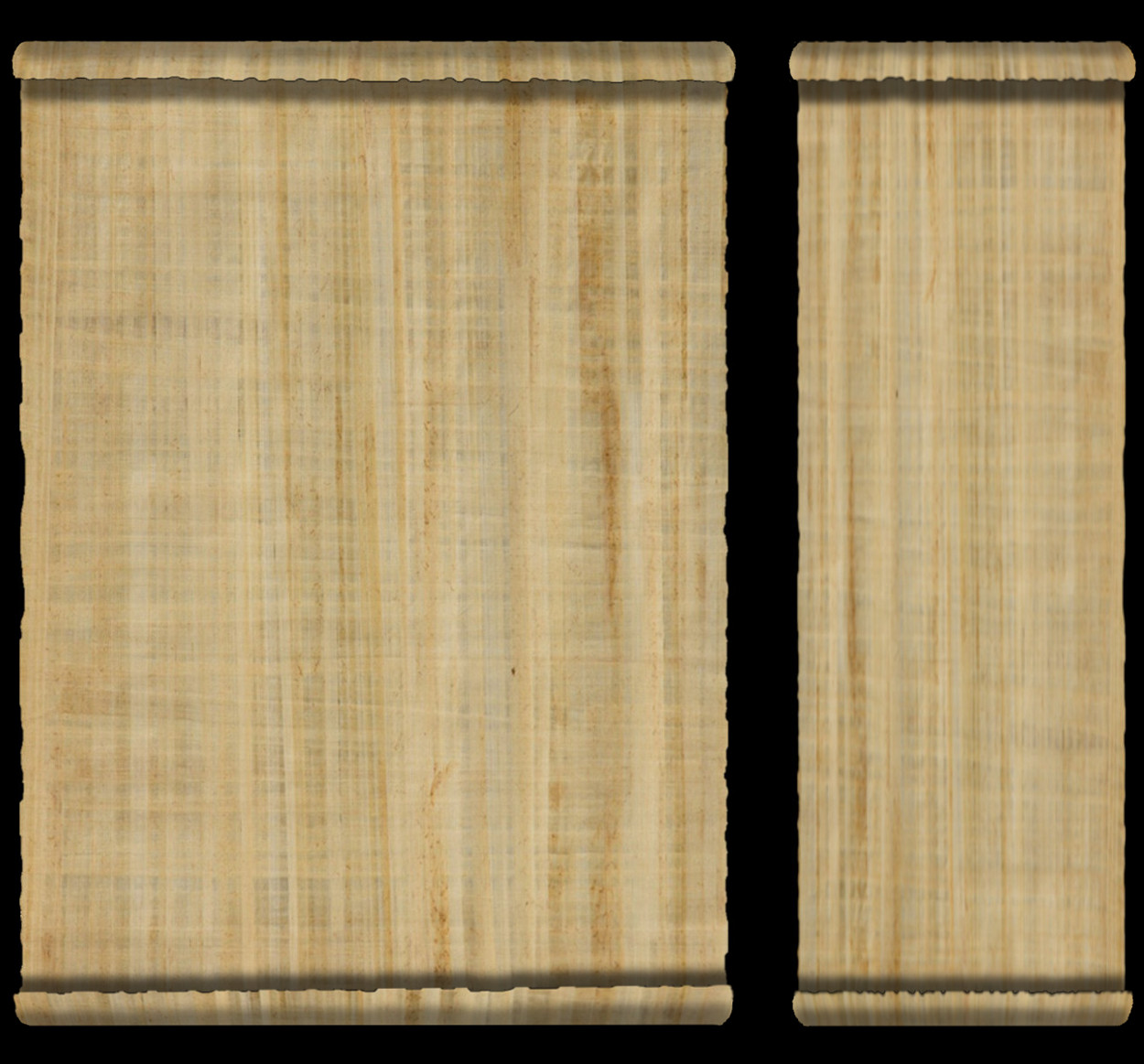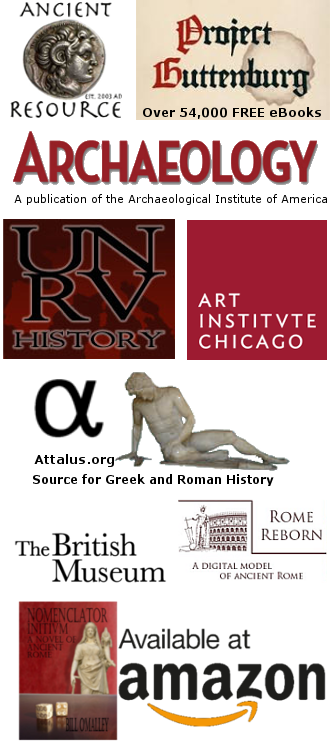



Narbonensis – Narbonensis was a Roman province located in what is now Languedoc and Provence, in southern France. It connected by land Italia with the provinces of Hispania.
Nicarcus – See Plutarchus entry.
Nomenclator – A nomenclator was a servant, (usually a slave), who acted to remind his master of the names and particulars of the people he encountered. In Nomenclator: Initium, Polybius Tychaeus becomes nomenclator to Julius Caesar, allowing him to be witness to the last days of the Roman Republic and Caesar’s rise to power.
Optimate – While not a political party in the modern sense, the Optimates were the traditionalist Senatorial majority of the late Roman Republic. They wished to limit the power of the popular assemblies and the Tribunes of the Plebs, and to extend the power of the Senate.
Ostia- Some sixteen miles west of Rome and located at the mouth of the Tiber River on the Tyrrhenian Sea, Ostia was a major port for the city.
Pannonia - Roman Province along the Danube with borders to Noricum, Dalmatia and Moesia.
Papyrus – Papyrus is a reed that grows in marshes, especially along the Nile River in Egypt. In ancient times, the pith of the papyrus plant was made into strips and pressed into a writing surface similar to paper.
Parthia – The Parthian Empire was a major cultural and political power occupying the region of modern Iran and Iraq. It was considered by Rome to be an enemy because the empire was a constant threat to Rome’s eastern provinces.
Pater Familias - The pater familias was the oldest living male in a household. He was the head of the family and had complete control of all family members and household slaves.
Patrician – The patricians were the original aristocratic families of Ancient Rome. They enjoyed certain social and political privileges denied the other classes.
Peristyle – A peristyle is a columned porch or open colonnade in a building surrounding a court that may contain an internal garden. A peristyle was a common feature of Roman domi and villas.
Picenum – A region along the northeast coast of Italy on the Adriatic Sea. It was the birthplace of Pompeius Magnus.
Pleb - In ancient Rome, the plebs was the general body of free Roman citizens who were not patricians, as determined by the census.
Plutarchus - Lucius Mestrius Plutarchus (known as Plutarch) was a Greek historian, biographer and essayist, known primarily for his Parallel Lives and Moralia. Nomenclator: Initium opens with the aged Lucius Seneca corresponding with Plutarchus’ father Nicarcus and offering to share his notes from his interviews with Polybius Tychaeus with the young historian.
Polybius – Polybius was a Greek historian who lived c. 200 to c. 118 BC. He was noted for his work, The Histories, which covered the period of 264–146 BC in detail. The work describes the rise of the Roman Republic to the status of dominance in the ancient Mediterranean world. The narrator of Nomenclator: Initium was named, by his first master, after the famous historian.
Polybius Tychaeus – See Polybius character page.
Pomerium – The Pomerium was a religious boundary around the city of Rome and cities controlled by Rome. In legal terms, Rome existed only within its pomerium; everything beyond it was simply territory belonging to Rome.
Pompeius Magnus – See Pompeius Magnus character page.
Pontifex Maximus - The head priest of the Roman state religion.
Pontus - Pontus was a client kingdom annexed as a joint province with neighboring Bithynia in 63 BC.
Populares - While not a political party in the modern sense, the Populares were leaders in the late Roman Republic who relied on the people's assemblies and tribunate to acquire political power. They are regarded in modern scholarship as in opposition to the optimates, who are identified with the conservative interests of a senatorial elite.
Praetor - Annually elected magistrate of the ancient Roman Empire, assigned various duties and responsibilities.
Proscription - A proscription was a decree of death where it included public identification and official condemnation of enemies of the state. Proscriptions were used by Sulla to eliminate his political enemies. Often the property of a victim of a proscription was confiscated.
Provocatores - Challengers; Gladiator paired against the Samnites.
Punic Wars - Three wars between Carthage and Rome that resulted in the destruction of Carthage and Roman dominance over the Mediterranean Sea.
Purduellio – An archaic Roman lawagainst sedition or treason. This law allowed for the accused to be tried by judges rather than by a jury.
Pyrrhic War - Greek general who, in the third century BC, defeated the Romans but suffered immense casualties. The term Pyrrhic victory has become proverbial for a victory that was won at too great a cost to have been worthwhile.
These links are being provided as a convenience and for informational purposes only; they do not constitute an endorsement or an approval by Nomenclator Books or Bill O'Malley of any of the products, services or opinions of the corporation or organization or individual. Nomenclator Books and Bill O'Malley bears no responsibility for the accuracy, legality or content of the external site or for that of subsequent links. Contact the external site for answers to questions regarding its content.
